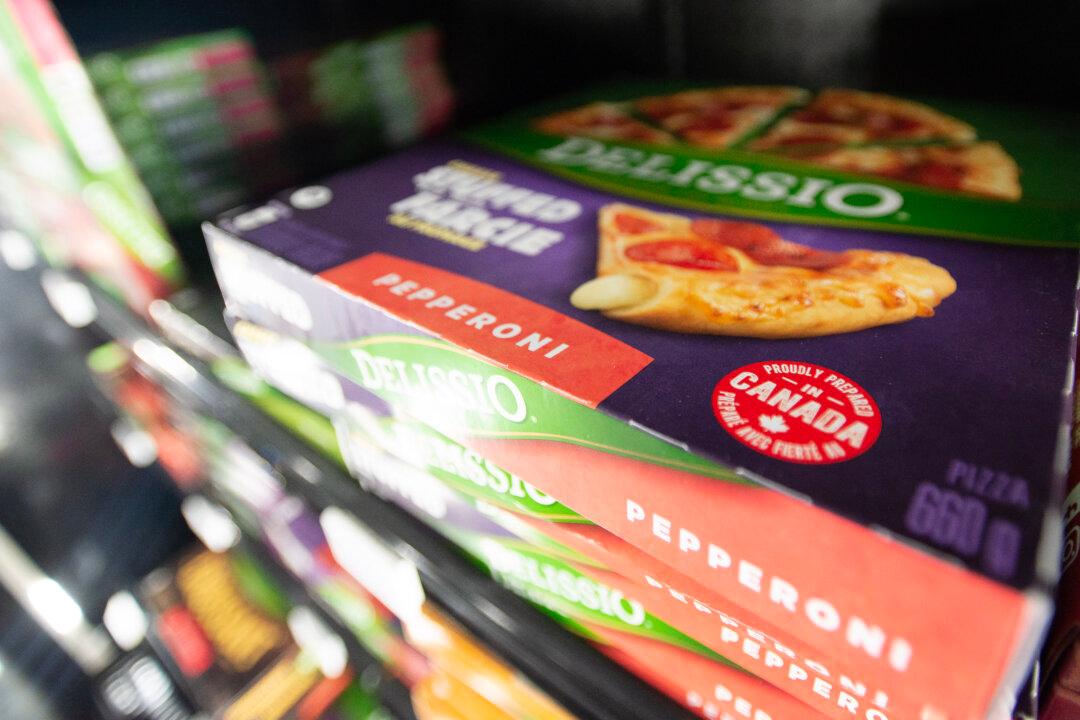Nestlé Canada’s decision to remove popular varieties of frozen pizza and meals from Canadian shelves in the next six months will leave the country’s frozen food aisles “in trouble” and with less competition, meaning higher prices for consumers, says Sylvain Charlebois, a.k.a. “The Food Professor.”
“The freezer aisle is very busy these days, as people seek refuge from food inflation. Nestlé’s departure from Canada will eliminate many options. The void will be significant,” Charlebois, senior director of the Agri-Food Analytics Lab and a professor in food distribution and policy at Dalhousie University, told The Epoch Times.





